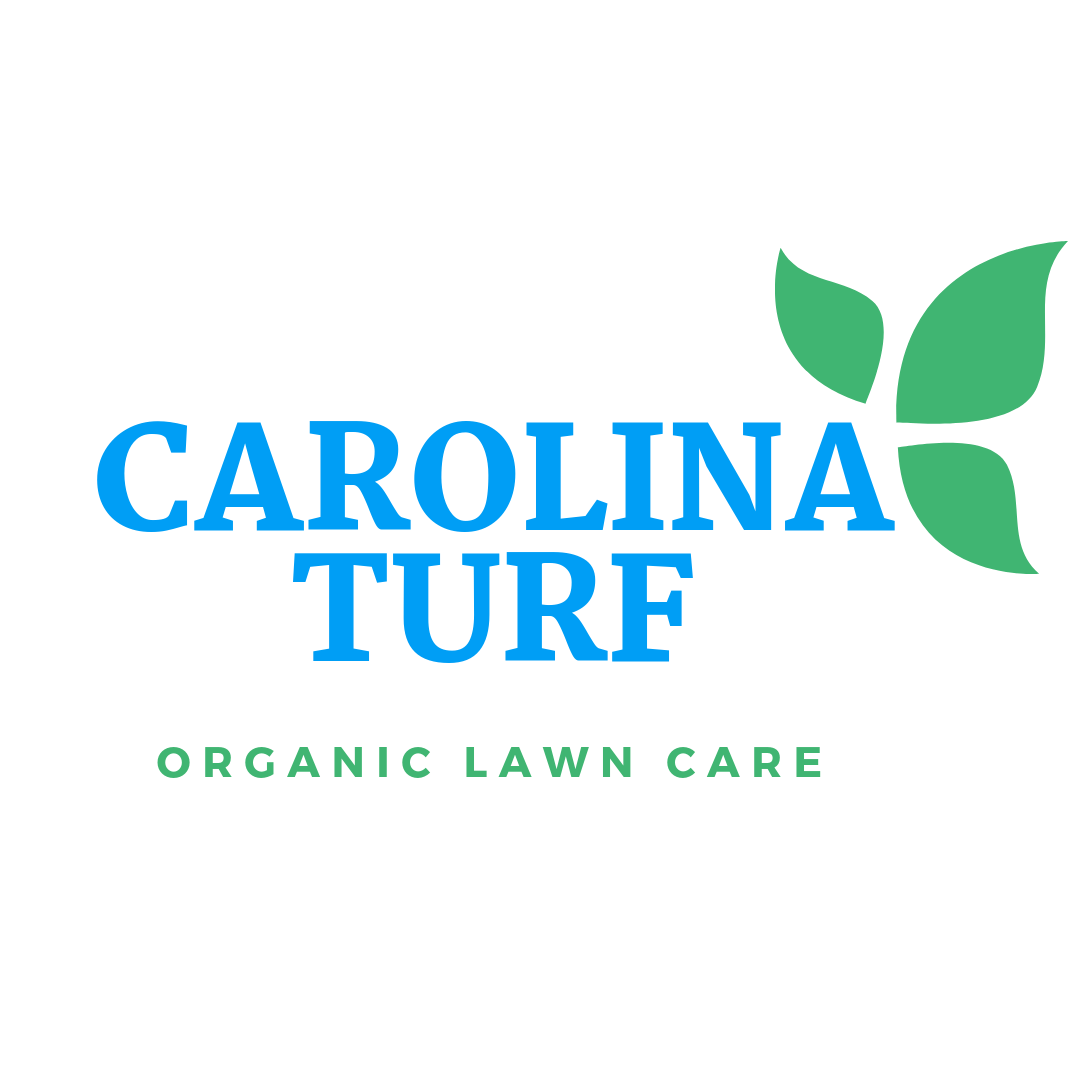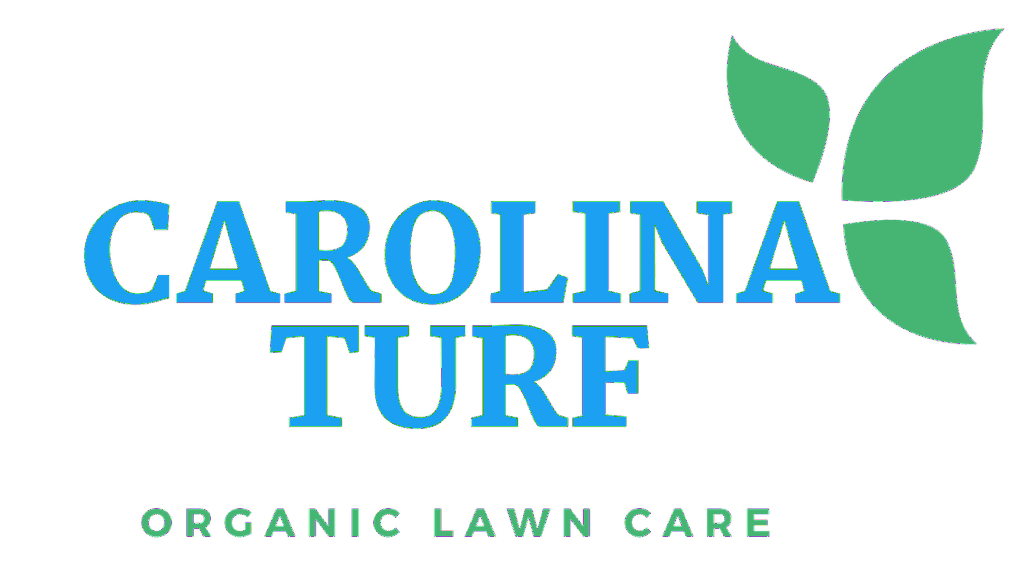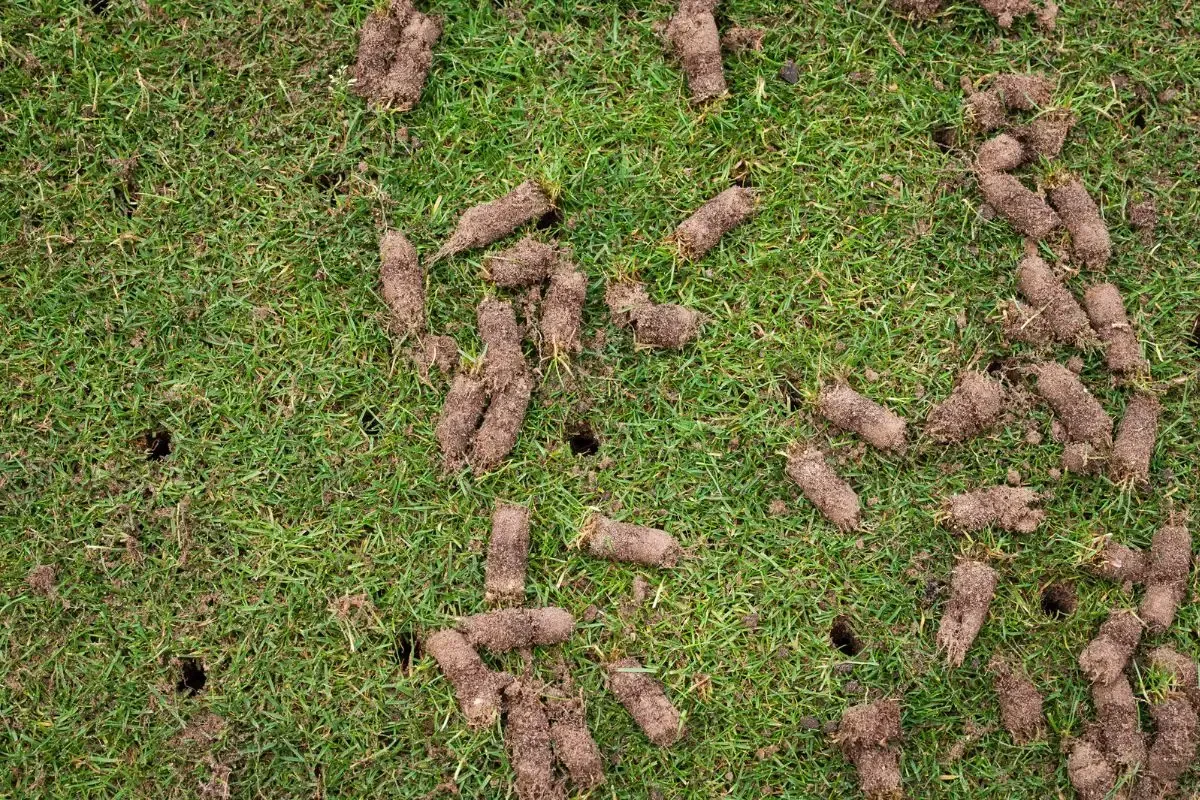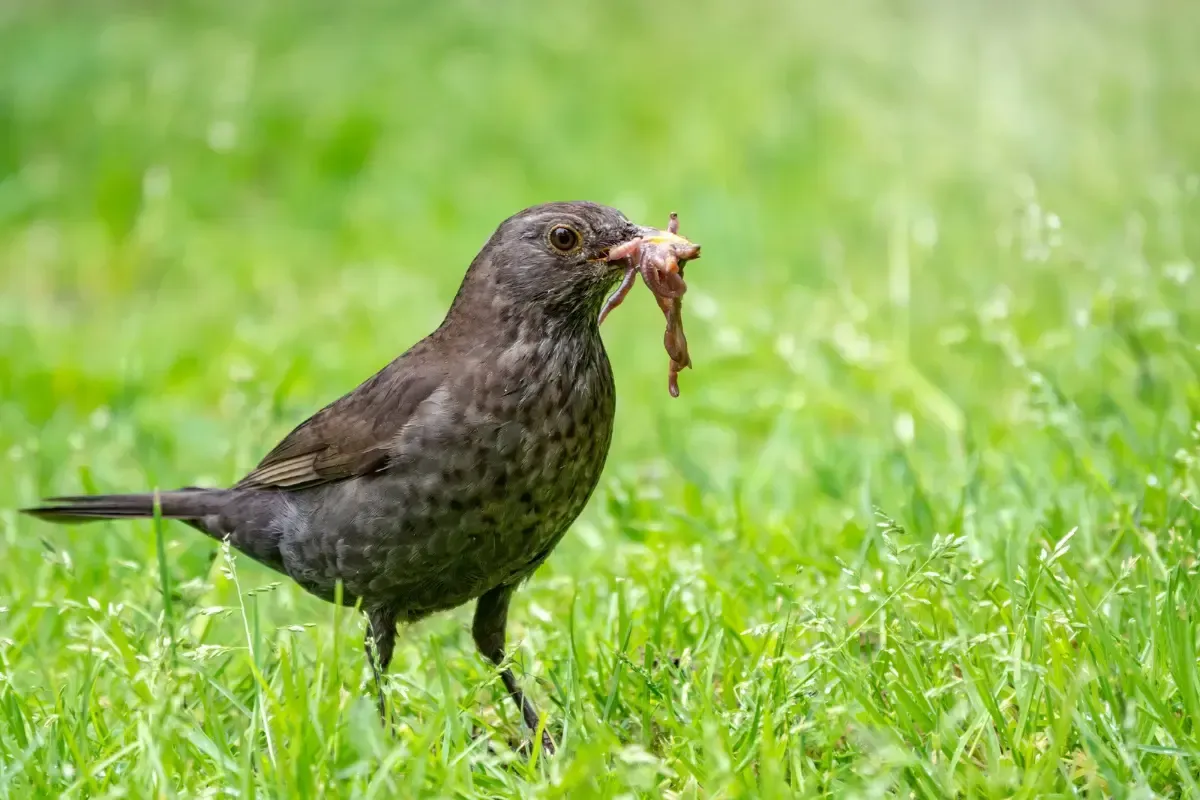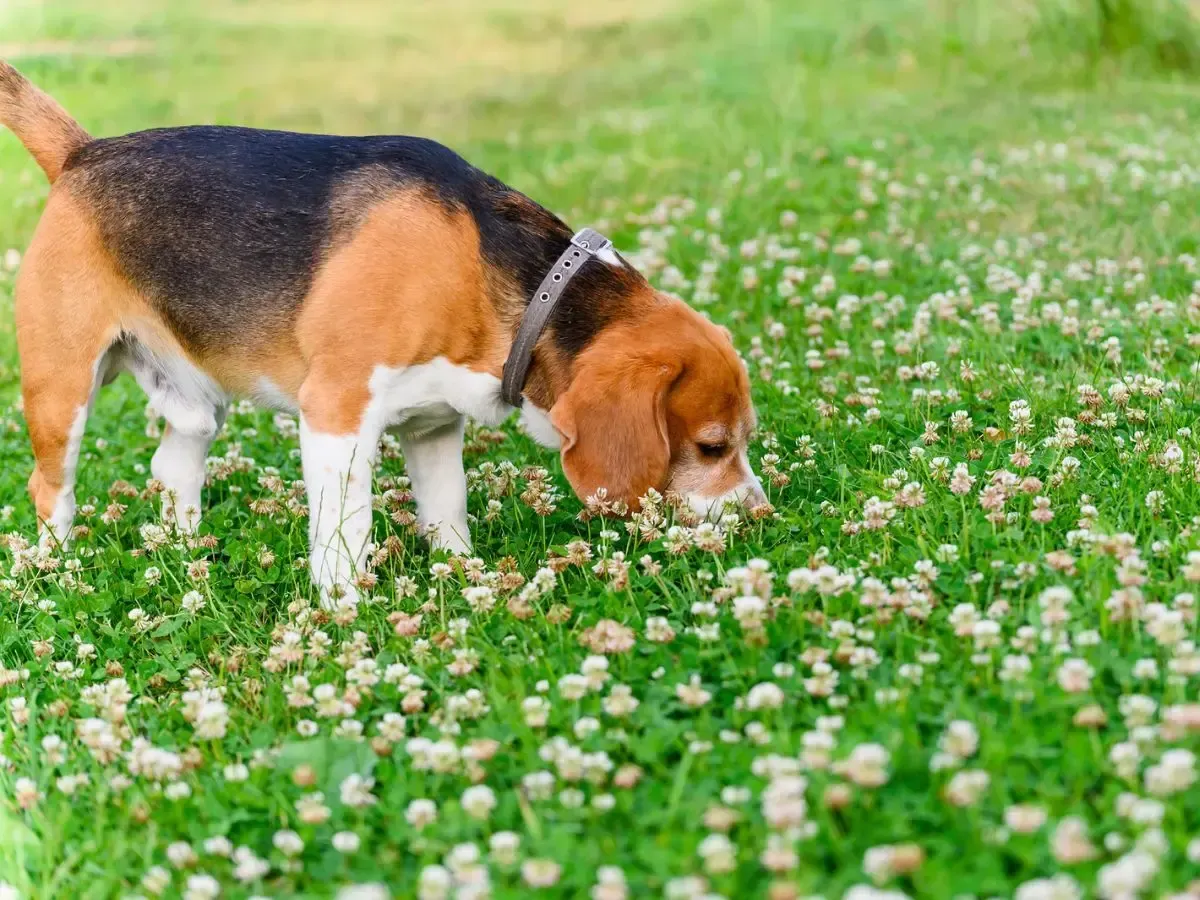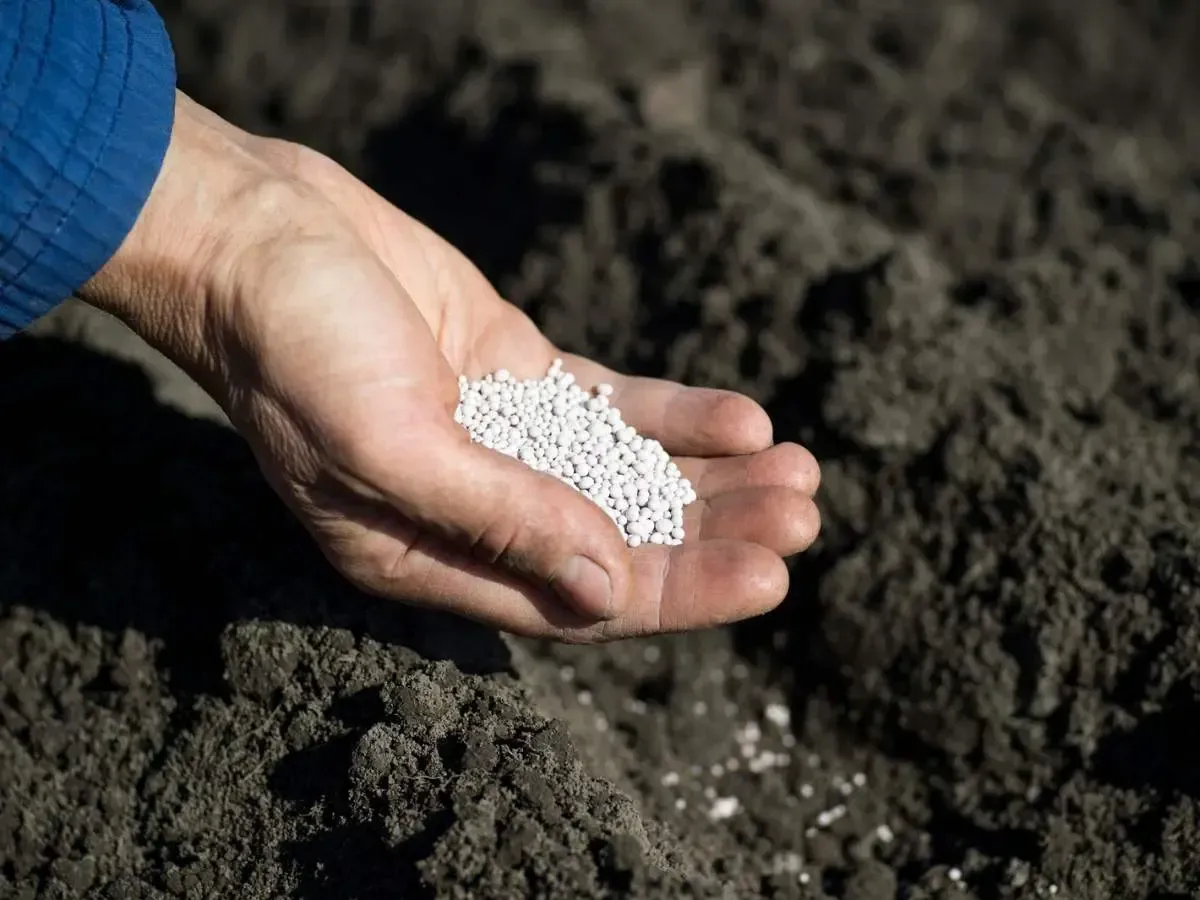How to Get Rid of Weeds in Your Lawn Without Chemicals
Ditch the chemicals and take control of your lawn naturally.

Google results for “how to get rid of weeds in your lawn without chemicals” run the gamut: Pour boiling water on the weeds. Flame torch the suckers. Before you burn down your house, let’s talk about what actually works.
Start With a Healthy Lawn
A strong offense is the best defense against weeds, which means maintaining a thick, healthy lawn. Weeds love weak, patchy grass because it gives them room to move in and spread out. Here’s how to keep your lawn in top shape.
- Mow high: Adjust your mower blades to a higher setting (around 3 inches). Taller grass shades out weeds and makes it harder for them to sprout.
- Water deeply, but not too often: Frequent, shallow watering encourages weak roots, which weeds love. Instead, give your lawn a good soak once or twice a week to help deep-rooted grass thrive.
- Feed your lawn naturally: Use compost or organic fertilizers to keep your soil rich and healthy. A well-fed lawn grows thick and strong, leaving little room for weeds.
Crowd Weeds Out With Thick Grass
Weeds are opportunists. They'll move in fast if they find bare spots on your lawn. Keeping your lawn thick and full makes it harder for weeds to get a foothold.
- Overseed: If your lawn has thin patches, spread some extra grass seed in the fall or early summer to fill them in.
- Use the right grass for your area: Some types of grass naturally grow thicker and choke out weeds better than others. Depending on your yard's sun and shade, Bermuda, Zoysia, and Fescue are good options for North Carolina.
- Mulch trouble spots: If you have areas where grass won’t grow, like along walkways or under trees, use mulch instead. It keeps weeds from sprouting and looks nice, too.
Natural Weed Suppressors
If you want to take it a step further, there are some natural weed-fighting tricks you can try.
- Corn gluten meal: Corn gluten is a non-toxic byproduct of corn processing that prevents weed seeds from sprouting. Spread it on your lawn in winter or early spring before weeds start growing.
- Boiling water: Boiling water does kill weeds in sidewalk cracks or along the driveway. However, this method is non-selective and will also kill any grass it touches. This method won’t work on weeds in your lawn. Plus, this sounds like a burn hazard.
- Vinegar spray: A simple mix of white vinegar and water can zap weeds, but again, it can kill grass, too, so only use it on isolated weeds.
- Cover with a tarp: If you want to prevent weeds in your garden, shading the soil with a tarp over the winter will help suppress weeds by denying them sunlight. Don’t try this on your lawn, though, because it will also kill the grass. Read more about organic gardening in our blog No-Till Gardening: Organic Farming of Vegetables.
- Pull by hand: I know this is not what you wanted to hear, but hand-weeding is still a thing. To make the chore easier, pull after rain to help the weeds come out more easily. Make sure to get the root, or the weed will make a quick comeback. Use a weeding tool or screwdriver to help get to the bottom.
- Professional organic weed control: Or you could just hire an organic lawn care company such as Carolina Turf to treat your whole lawn with non-toxic products. Make sure to ask questions when hiring for this job. Often, landscaping companies claim to provide organic lawn care, but in reality, only their fertilizer is organic, and they use toxic chemicals like 2-4D, dicamba, and glyphosate in their weed control.
Keep Up With Lawn Care Year-Round
The key to keeping weeds out for good is staying on top of your lawn care all year. A little effort here and there will save you from a big, weedy mess later on. Consistency is key.
Winter
Your grass might be dormant and ugly, but a successful war against weeds starts in the winter. Use a pre-emergent, like corn gluten, to help suppress weeds from coming up when the weather warms. Some weeds, such as crabgrass, are tough to treat once they are out. Start with this step to set yourself up for success. We also recommend lime treatments to help balance the pH of your soil, helping your grass thrive in the warmer seasons.
Spring
We will start spraying for weeds in the Raleigh-Durham, NC, region by March. Get an early jump on weeds before they take over your yard. We apply weed control and fertilization every 5-6 weeks throughout the growing season to help keep your lawn weed-free.
Summer
We recommend aerating and overseeding your lawn in early summer if you have warm-season grass like Bermuda or Zoysia. Aeration helps break up compacted soil and brings more air and nutrients to the grass's roots. While Bermuda will spread on its own, your lawn will appreciate the extra seeds on bare patches to prevent weeds from taking hold.
Fall
For cool-season grass like fescue, we aerate and seed it in the Raleigh area starting in September. Fescue typically needs to be re-seeded every year, and the best time to do it is before the winter. If you wait until the spring, the summer heat will likely burn your cool-season grass by July or August before it fully matures. We continue spraying for weeds until the end of November, regardless of your grass type. Anyone who has lived here long enough has experienced t-shirt weather on Thanksgiving!
A Lawn You Can Feel Good About
Using natural methods to control weeds requires some patience, but the reward is worth it. You’ll have a healthy, green lawn without worrying about chemicals harming your pets, kids, or the environment. So, roll up your sleeves, give your grass a little love, and show those weeds who’s boss.
